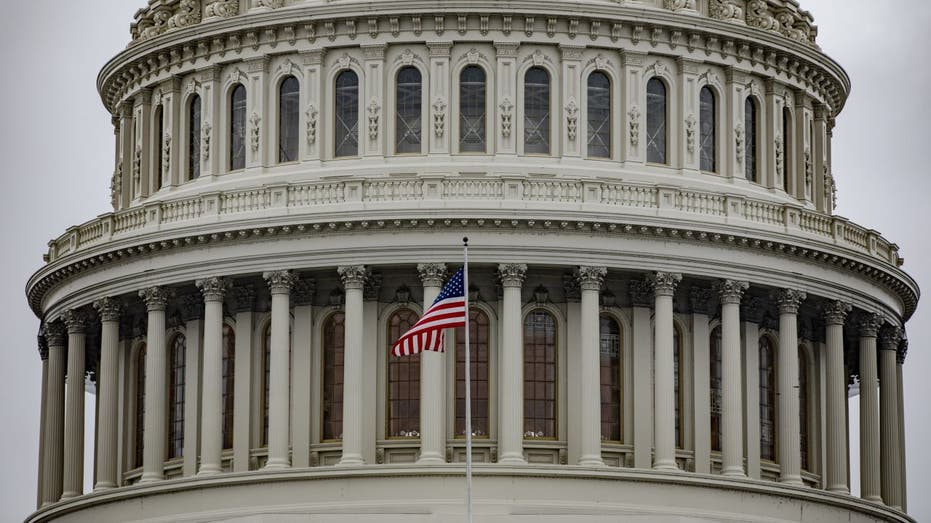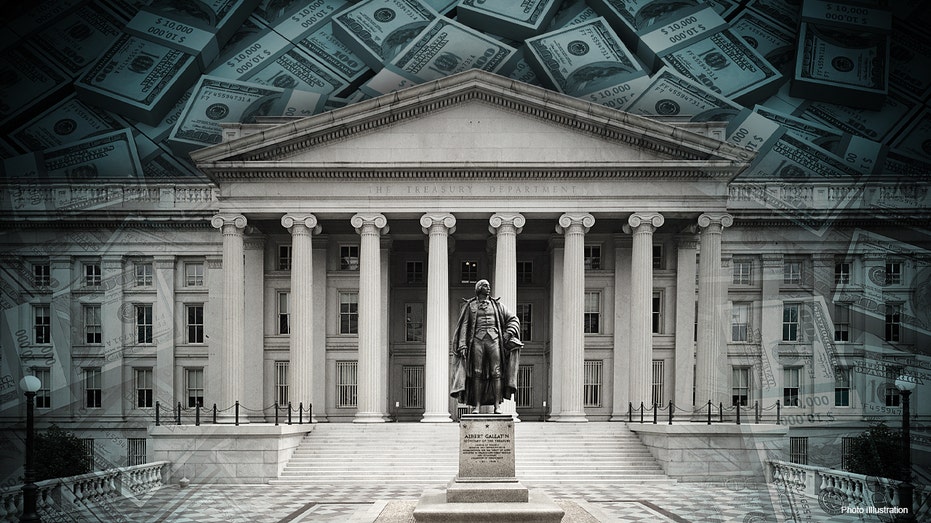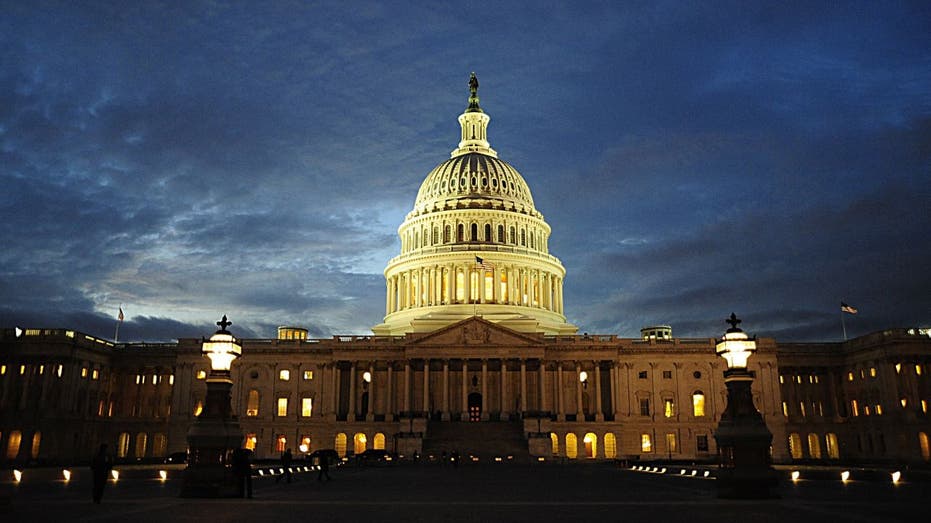Moody's warns government shutdown could hurt US credit rating
Congress is scrambling to avoid a government shutdown at the end of the month
Government shutdown would reflect negatively on US credit rating, Moody's warns
Potomac Wealth Advisors founder and president Mark Avallone discusses the markets as a government shutdown looms, inflation and his outlook on the economy ahead of the release of updated economic data.
The federal government is facing a potential government shutdown that could begin this weekend barring action by Congress, and if it occurs, rating agency Moody’s said the U.S. credit rating could be negatively impacted.
Moody’s cited past brinksmanship over the debt limit as well as a dysfunctional budgeting process in Congress as weaknesses compared to other countries that hold Aaa ratings, which is the agency’s highest rating tier. The report emphasized a lack of medium-term fiscal planning, demonstrated by Congress routinely failing to approve an annual budget, as well as limited flexibility due to high spending on mandatory entitlement programs and rising borrowing costs.
"A shutdown would be credit negative for the U.S. sovereign," the team of sovereign risk analysts led by Moody’s Investors Service senior vice president William Foster wrote. "While government debt service payments would not be impacted and a short-lived shutdown would be unlikely to disrupt the economy, it would underscore the weakness of U.S. institutional and governance strength relative to other Aaa-rated sovereigns that we have highlighted in recent years."
"In particular, it would demonstrate the significant constraints that intensifying political polarization put on fiscal policymaking at a time of declining fiscal strength, driven by widening fiscal deficits and deteriorating debt affordability," Moody’s noted.
GOVERNMENT SHUTDOWN LOOMS IF CONGRESS DOESN’T ACT: WHAT TO KNOW

Congress is scrambling to avoid a government shutdown this weekend that Moody's says could harm the U.S.' credit rating. (Samuel Corum/Getty Images / Getty Images)
The analysts went on to say that "debt affordability is by far the most indicator we use in assessing the sovereign’s overall fiscal strength, due to the U.S.’ preeminent global reserve currency status and capacity to sustainably carry higher levels of debt than most countries."
The yield on the U.S. 10-year Treasury note rose as high as 4.548% on Monday, its highest level in 15 years. Higher interest rates mean that the government will incur higher costs from servicing the $33 trillion national debt. In August, the Congressional Budget Office noted that interest payments on the national debt rose by $149 billion compared to a year ago because of higher interest rates.
FEDERAL BUDGET DEFICIT UP NEARLY $600 BILLION THROUGH AUGUST: CBO

Higher interest rates are making it more expensive for the U.S. to service the national debt, putting further pressure on a budget with a structural deficit. (istock / iStock)
"At this stage, Congress’ consistent inability to agree on annual budgets and pass appropriations funding suggests that it is unlikely that successive government will be able to implement fiscal measures that will materially slow the expected decline in debt affordability," Moody’s wrote.
Moody’s currently rates the U.S. government "Aaa" with a stable outlook, which is the highest level of creditworthiness it assigns to borrowers in its rating process. It’s the last major rating agency to keep the U.S. at its highest credit tier after its two peers downgraded the federal government’s credit rating during past fiscal standoffs.
YELLEN SAYS NO SIGN OF ECONOMIC DOWNTURN, WARNS OF CONSEQUENCES FROM GOVERNMENT SHUTDOWN

Congress is facing a looming deadline to fund the government or else a shutdown will begin this weekend. (KAREN BLEIER/AFP via Getty Images / Getty Images)
Earlier this year, Fitch Ratings downgraded the U.S. credit rating from its highest tier of "AAA" to "AA+" amid a standoff over the debt limit. That episode was ultimately resolved when the debt limit was raised with the passage of the Fiscal Responsibility Act, which included spending caps that lawmakers are now trying to implement through the appropriations process.
Fitch’s downgrade marked the second time the U.S. government has had one of the three major rating agencies downgrade its credit. The first occurred during the 2011 debt limit standoff that was eventually resolved through a compromise involving automatic spending cuts known as "sequestration."
GET FOX BUSINESS ON THE GO BY CLICKING HERE
At the time, Standard & Poor’s cut the rating from "AAA" (outstanding) to "AA+" (excellent), although Fitch and Moody’s kept the U.S. at "AAA" at the time.




















